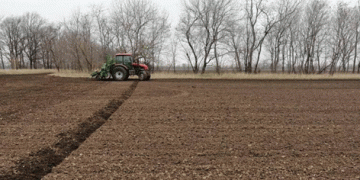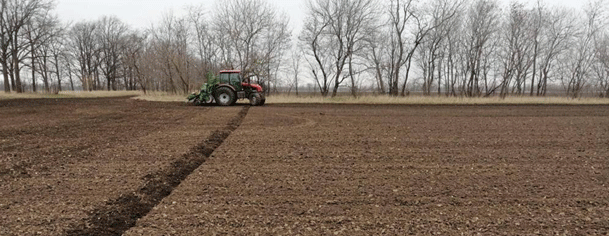Stavropol region in Russia has commenced its sugar beet sowing campaign, with a significant emphasis on utilizing domestically produced seeds. This article provides an overview of the current planting progress, seed availability, and government support mechanisms in place to boost local seed production.
Planting Progress
As of the reporting period, Stavropol’s agricultural enterprises have successfully sown 4,700 hectares of sugar beets, representing 13.1% of the total planned area. The leading districts in the sowing campaign are Novoaleksandrovsky, Kochubeevsky, and Izobilnensky regions, demonstrating strong early adoption and commitment to the crop.
Seed Availability and Composition
The region’s agricultural producers have secured a total of 90.6 tons of sugar beet seeds for the season. Notably, 67.6% of the required seed volume, or 13 tons, consists of domestically produced seeds. This focus on local seeds aligns with broader agricultural policy goals to enhance self-reliance in seed production.
Government Support Mechanisms
Stavropol region benefits from a comprehensive state support program for domestic seed production, initiated by Governor Vladimir Vladimirov. Under this program, local farmers can receive a significant reimbursement of 70% of the costs associated with purchasing domestically produced seed material. This financial incentive is designed to encourage the transition to locally produced seeds and reduce dependency on imported varieties.
The early stages of Stavropol’s sugar beet planting campaign indicate a strong focus on self-sufficiency in seed production, supported by effective government incentives. The region’s progress in adopting domestic seeds while maintaining planting targets suggests a successful balance between agricultural productivity and strategic independence in seed sourcing.































